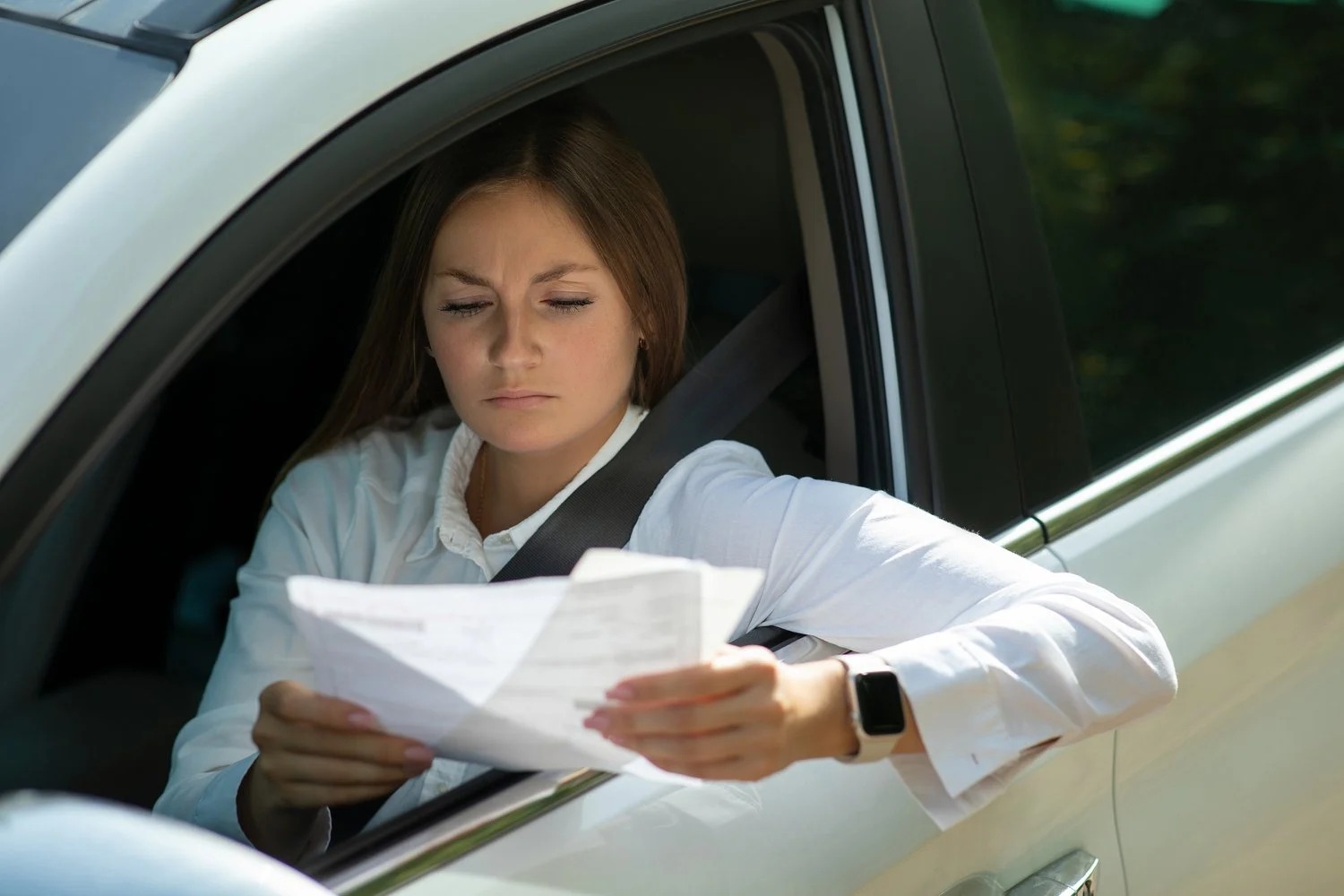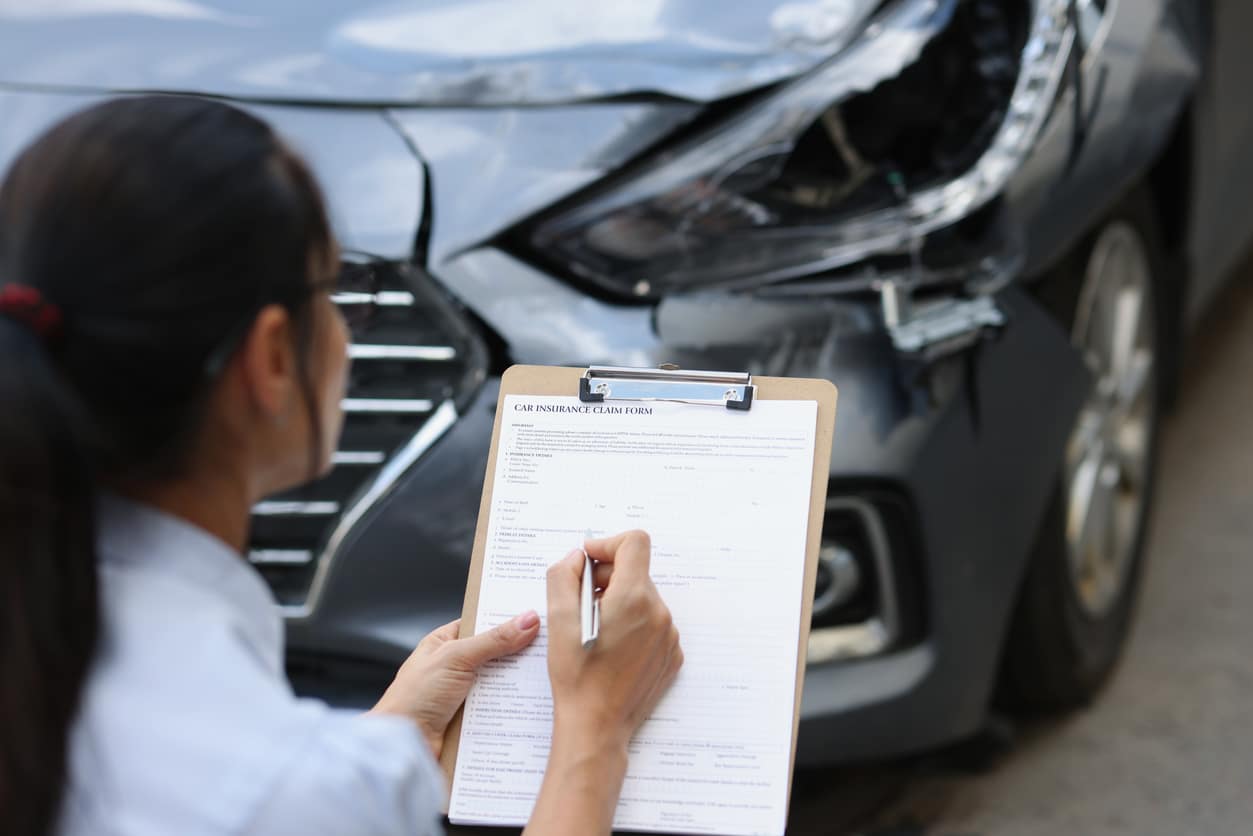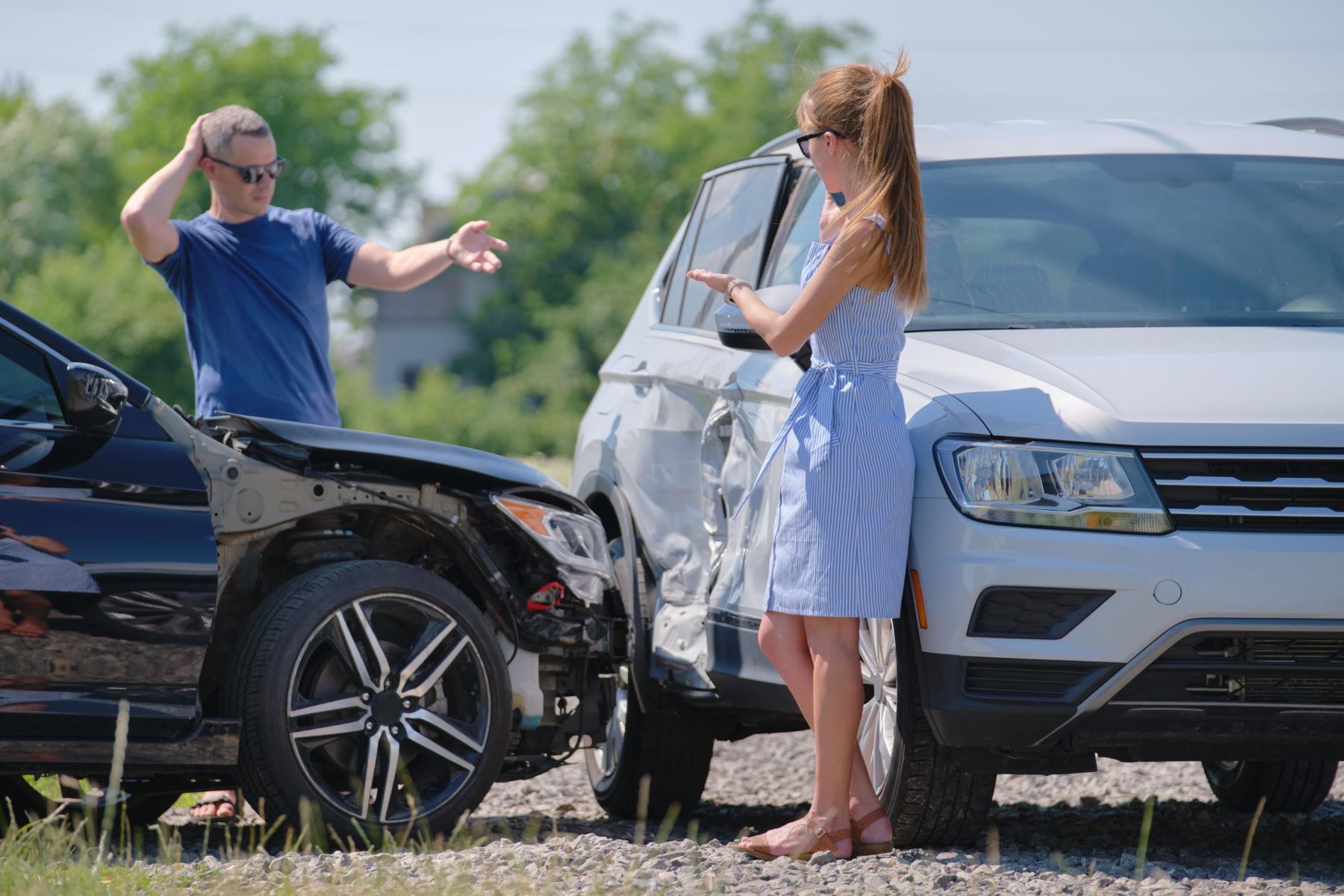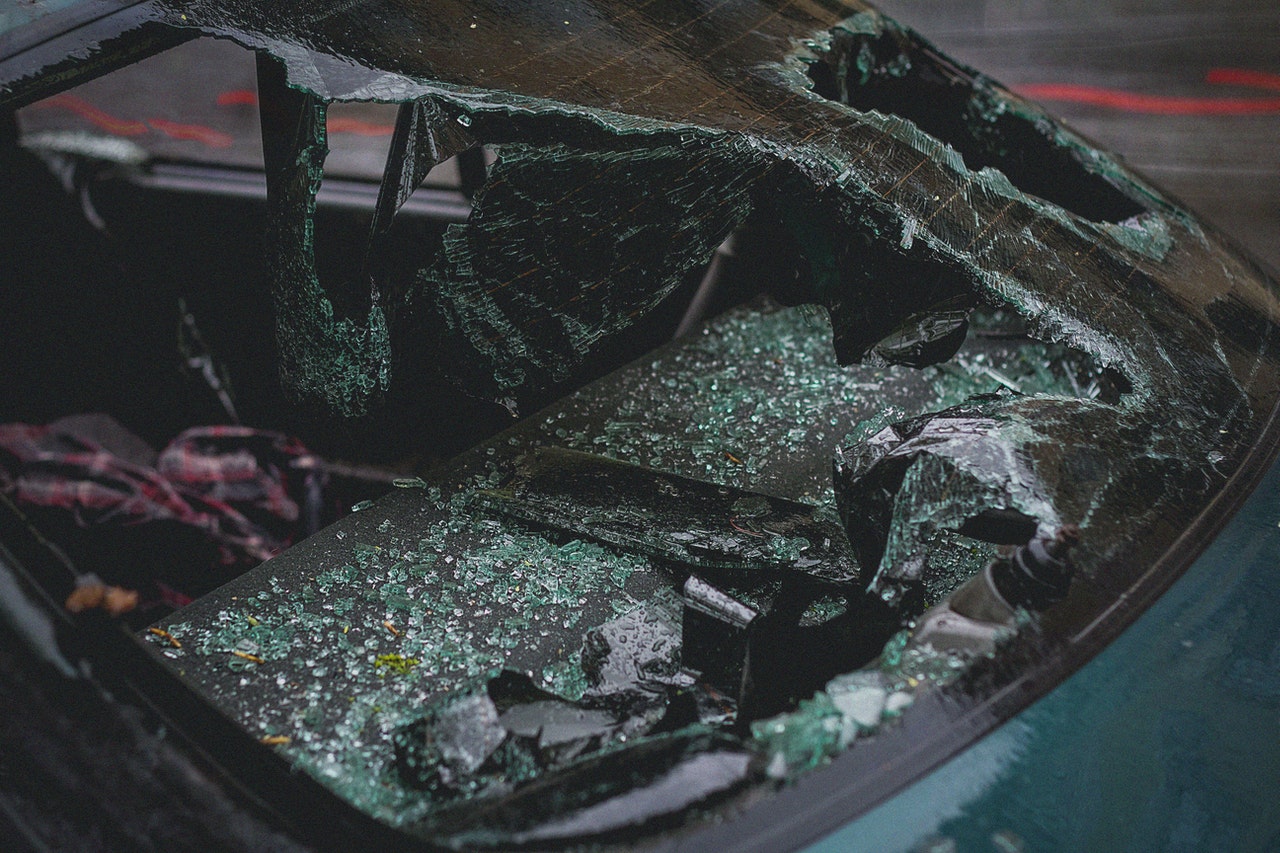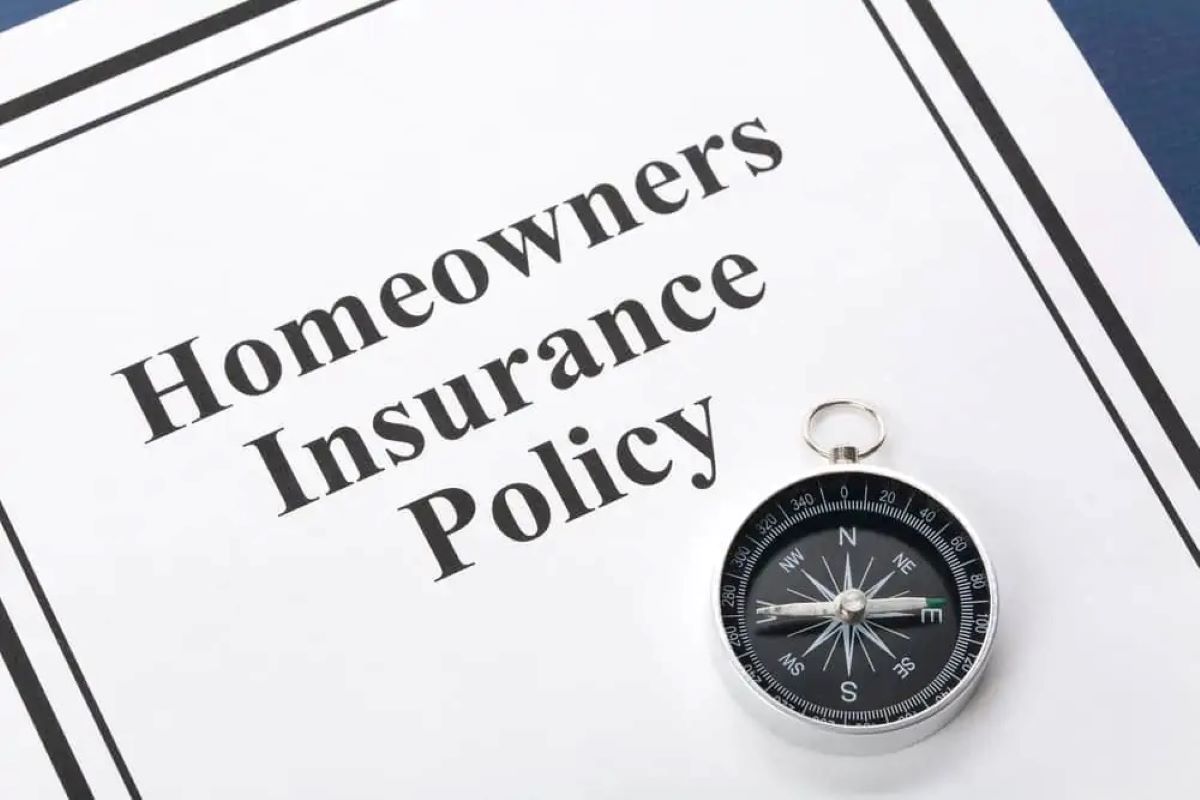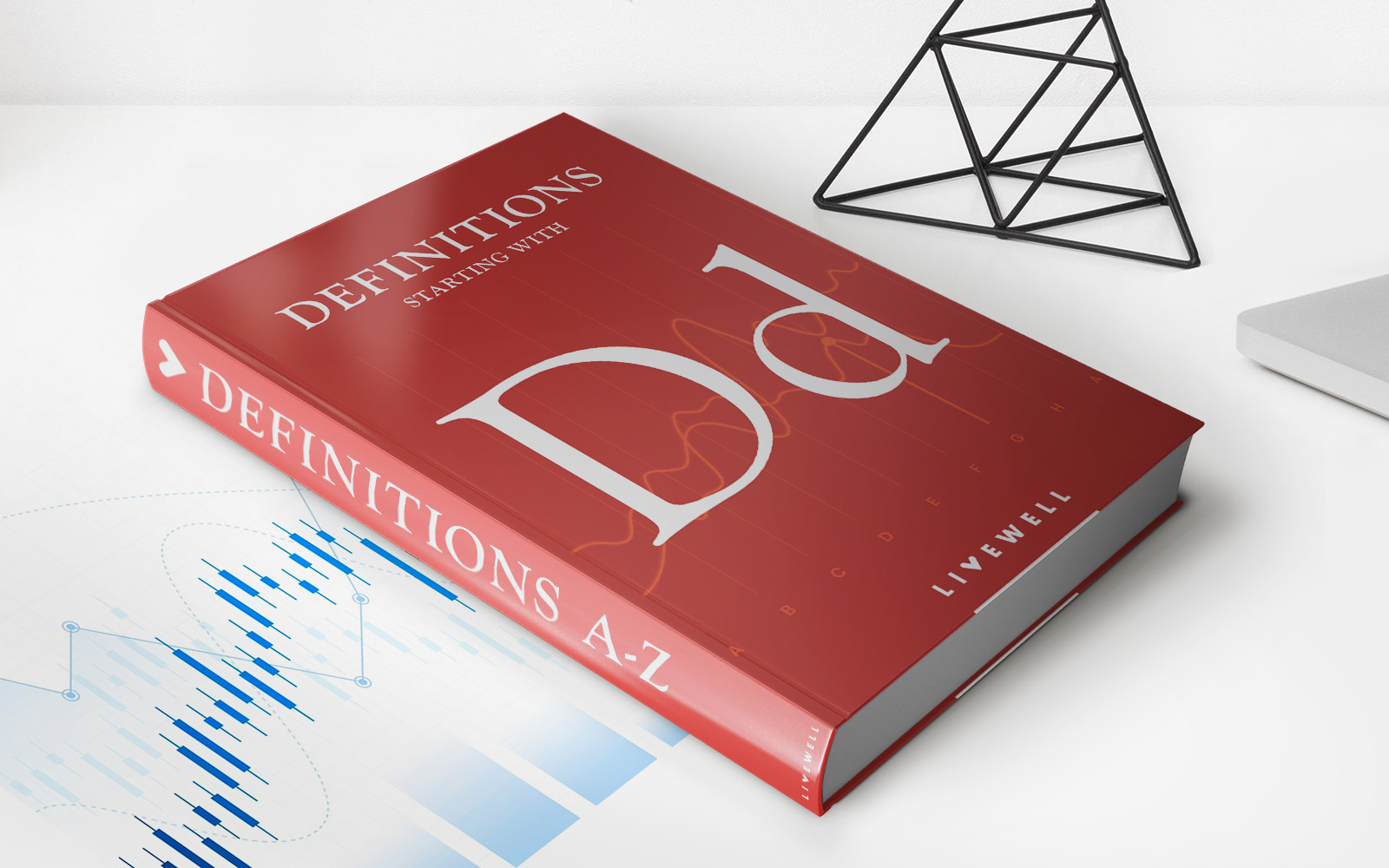Home>Finance>What Happens If You Don’t Have Car Insurance In Texas
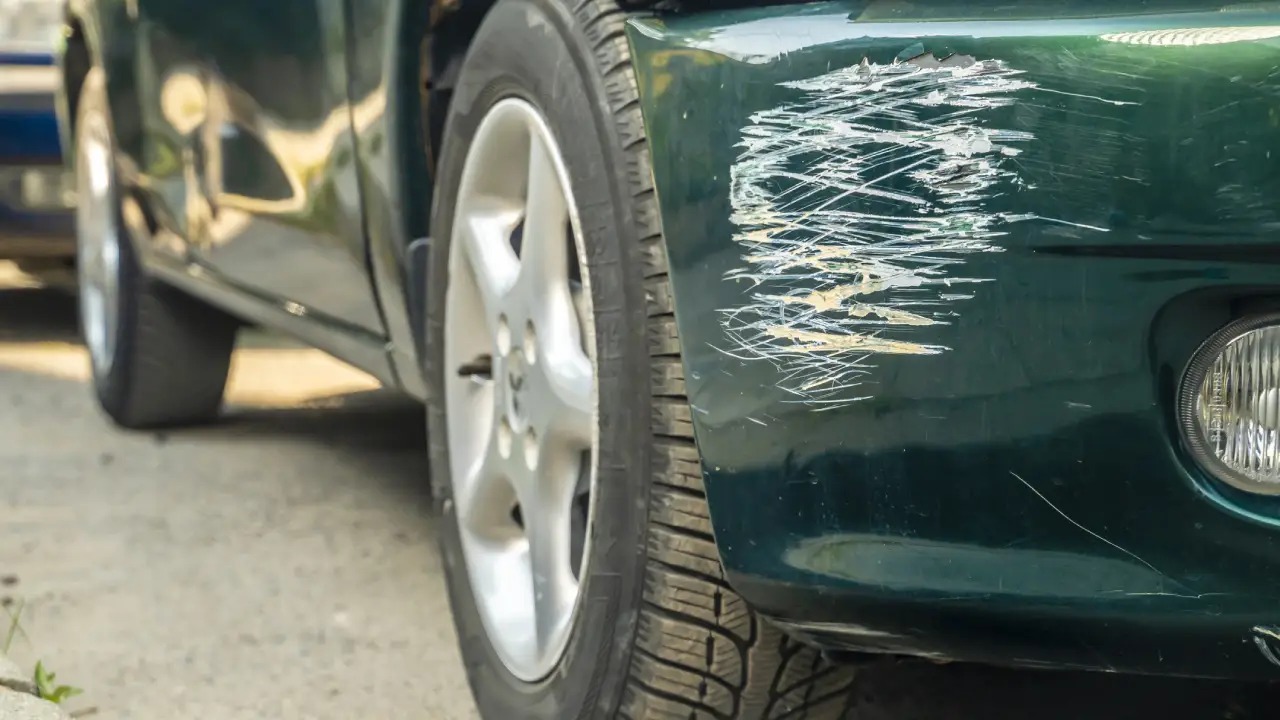

Finance
What Happens If You Don’t Have Car Insurance In Texas
Published: November 13, 2023
Discover the consequences of not having car insurance in Texas and the financial implications you may face. Protect yourself and your assets with the right coverage.
(Many of the links in this article redirect to a specific reviewed product. Your purchase of these products through affiliate links helps to generate commission for LiveWell, at no extra cost. Learn more)
Table of Contents
Introduction
Car insurance is a crucial aspect of responsible vehicle ownership. It provides financial protection in case of accidents, theft, or damage to your vehicle. In the state of Texas, car insurance is not only a good idea, but it is also a legal requirement.
Driving without car insurance in Texas can have serious consequences. Not only can it result in hefty fines and legal penalties, but it can also lead to financial hardships in the event of an accident. Understanding the car insurance requirements and laws in Texas is essential for every driver.
In this article, we will explore the car insurance requirements in Texas, the consequences of driving without insurance, the financial responsibility laws, and the penalties you may face for non-compliance. We will also discuss the SR-22 requirement and options available to drivers who do not have car insurance.
Whether you are a new driver or you have recently moved to Texas, it is vital to be aware of your responsibilities under the law. Let’s dive into the details of car insurance in Texas and what happens if you don’t have it.
Car Insurance Requirements in Texas
In Texas, all drivers are required to carry a minimum amount of car insurance to legally operate a vehicle. The Texas Department of Insurance sets the minimum coverage requirements to ensure that drivers have the financial means to cover damages in the event of an accident.
The minimum car insurance requirements in Texas are commonly referred to as the “30/60/25” rule. This means that drivers must have at least:
- $30,000 bodily injury liability coverage per person
- $60,000 bodily injury liability coverage per accident
- $25,000 property damage liability coverage per accident
Bodily injury liability coverage helps pay for medical expenses for injuries caused to other individuals in an accident where you are at fault. Property damage liability coverage, on the other hand, pays for damages to other people’s property, such as their vehicle or other structures.
It’s important to note that these are only the minimum requirements. It is generally recommended to carry higher coverage limits to provide better protection for yourself and your assets. Additionally, Texas also offers optional coverage such as personal injury protection (PIP), uninsured/underinsured motorist coverage, and collision/comprehensive coverage.
To comply with the law, drivers must carry proof of insurance at all times. This can be in the form of an insurance ID card provided by your insurance company or an electronic copy on your smartphone. Failure to provide proof of insurance when requested by law enforcement can result in penalties and fines.
Now that we understand the car insurance requirements in Texas, let’s explore the consequences of driving without insurance in the state.
Consequences of Driving Without Car Insurance in Texas
Driving without car insurance in Texas is a serious offense with significant consequences. If you are caught driving without insurance, you may face both legal and financial repercussions.
First and foremost, driving without car insurance is against the law in Texas. If you are involved in an accident and do not have insurance coverage, you may be held responsible for paying for damages and injuries out of your own pocket. This can lead to financial difficulties and potentially even bankruptcy.
In addition to the financial burden, Texas has strict penalties for driving uninsured. If you are pulled over by law enforcement and unable to provide proof of insurance, you can face fines ranging from $175 to $350 for a first offense. Subsequent offenses can result in fines up to $1,000, suspension of your driver’s license, and impoundment of your vehicle.
Furthermore, if you are at fault in an accident and do not have insurance, you may be personally liable for the damages and injuries suffered by the other party. This can lead to lawsuits and legal action against you, resulting in even more financial strain.
It is important to note that the consequences of driving without insurance extend beyond the immediate aftermath of an accident. Insurance companies in Texas also take into account your driving history and any lapses in insurance coverage when determining your premiums. Driving without insurance can significantly increase your future insurance costs, making it even more difficult to obtain affordable coverage in the future.
Overall, driving without car insurance in Texas is not worth the risk. It not only violates the law but can also lead to severe financial repercussions. It is essential to prioritize car insurance coverage to protect yourself, your assets, and others on the road.
Financial Responsibility Laws in Texas
Texas has financial responsibility laws in place to ensure that all drivers can cover the costs of potential damages or injuries resulting from a car accident. These laws require drivers to demonstrate their ability to pay for damages, either through car insurance or other acceptable means of financial responsibility.
Car insurance is the most common and preferred method of meeting the state’s financial responsibility laws. By carrying the minimum required car insurance coverage, drivers fulfill their obligation to provide financial protection in the event of an accident.
However, car insurance is not the only acceptable method to establish financial responsibility in Texas. Other options include:
- Making a cash deposit or bond with the Texas Department of Public Safety (DPS) in the amount of $55,000 or more
- Obtaining a surety bond issued by a company licensed to do business in Texas
- Qualifying as a self-insured motorist with the Texas Department of Motor Vehicles (DMV) based on financial stability and assets
It’s important to note that if you choose to establish financial responsibility through means other than car insurance, you must still meet the minimum coverage requirements set by the state. Failure to meet these requirements can result in penalties and fines.
One common form of proof of financial responsibility in Texas is the SR-22 certificate. An SR-22 is a document filed by your insurance company with the DPS to prove that you have the required car insurance coverage. This certificate is typically required after certain violations, such as driving without insurance, DUI/DWI convictions, or multiple traffic violations.
The financial responsibility laws and the various options available for meeting them emphasize the importance of being prepared to cover the costs of accidents or damages. Whether through car insurance or alternative methods, complying with these laws ensures that all drivers are financially responsible and able to compensate for any harm caused on the road.
Penalties for Driving Without Car Insurance in Texas
Driving without car insurance in Texas can result in severe penalties and consequences. The state takes a strong stance on ensuring that all drivers have proper insurance coverage to protect themselves and others on the road.
If you are caught driving without car insurance in Texas, the first offense can result in fines ranging from $175 to $350. In addition to the financial penalty, your vehicle may also be impounded, and your driver’s license could be suspended until you provide proof of insurance.
Subsequent offenses for driving without insurance carry even harsher penalties. A second offense can lead to fines of up to $1,000, as well as potential license suspension and impoundment of your vehicle. Moreover, having a history of driving without insurance can have adverse effects on your future insurance premiums, making it more expensive to obtain coverage in the future.
If you are involved in an accident without insurance, the consequences can be even more severe. Not only will you have to bear the financial responsibility for any damages or injuries caused, but you may also face legal action from the other party involved. This can result in hefty legal fees, court-ordered restitution, and potentially even a civil lawsuit.
It is worth noting that Texas law enforcement agencies actively enforce car insurance requirements. Random insurance verification checks may be conducted, during which you will be asked to provide proof of insurance. Failure to produce the required evidence can lead to immediate penalties.
The penalties for driving without insurance in Texas highlight the importance of obtaining and maintaining proper car insurance coverage. It is essential to understand the consequences and comply with the state’s requirements to avoid legal troubles, financial burdens, and risks to your driving privileges.
SR-22 Requirement in Texas
In Texas, the SR-22 requirement is an important aspect of the state’s efforts to ensure that drivers maintain the necessary car insurance coverage. An SR-22 is a certificate of financial responsibility issued by an insurance company and filed with the Texas Department of Public Safety (DPS).
The SR-22 certificate is typically required for drivers who have committed certain offenses, such as driving without insurance, DUI/DWI convictions, or multiple traffic violations. It serves as proof to the DPS that you have the required car insurance coverage to meet the state’s minimum requirements.
If you are required to obtain an SR-22 in Texas, it is important to understand the process and implications. Here’s what you need to know:
- Filing the SR-22: To obtain an SR-22, you will need to contact your insurance company and request them to file the certificate with the DPS. The insurance company will inform the DPS about your insurance status and coverage limits.
- Duration of the SR-22: The length of time you are required to maintain an SR-22 in Texas varies depending on the offense. Generally, it is required for a minimum of two years for most violations. However, serious offenses may require longer periods of SR-22 filing.
- Cost of the SR-22: The cost associated with obtaining an SR-22 can vary depending on factors such as your driving record and insurance provider. Insurance companies typically charge a one-time filing fee along with increased insurance premiums due to the high-risk nature associated with SR-22 filings.
- Consequences of SR-22 non-compliance: Failing to maintain an SR-22 as required by law can have severe consequences. It can result in the suspension of your driver’s license, vehicle impoundment, and even further legal penalties. It is crucial to fulfill the SR-22 requirement for the specified duration to avoid additional complications.
It’s important to note that the SR-22 is not an insurance policy itself, but rather a document that verifies your insurance coverage. You are still responsible for maintaining the required car insurance and paying your premiums as agreed upon with your insurance company.
If you are unsure whether you need an SR-22 or how to obtain one, it is recommended to consult with an experienced insurance agent or contact the Texas Department of Public Safety for guidance specific to your situation.
Understanding and complying with the SR-22 requirement is essential for those who have committed certain driving offenses in Texas. It serves as a reminder of the importance of maintaining proper car insurance coverage and being responsible drivers on the road.
Options for Drivers Without Car Insurance in Texas
For drivers without car insurance in Texas, there are several options available to meet the state’s financial responsibility requirements and ensure protection on the road. While obtaining proper car insurance is the most common and recommended option, there are alternatives for those who currently do not have coverage.
1. Purchase Car Insurance: The most straightforward option is to purchase a car insurance policy that meets the minimum coverage requirements set by the state. Shopping around for quotes from different insurance companies can help you find a policy that fits your needs and budget. Although premiums may be higher if you have a history of driving without insurance, it is essential to obtain coverage to comply with the law and protect yourself financially.
2. Non-Owners Insurance: If you do not own a vehicle but still frequently drive, non-owners insurance may be an option. Non-owners insurance provides liability coverage for drivers who operate vehicles they do not own. While it does not cover damage to the vehicle itself, it ensures that you meet the state’s insurance requirements.
3. High-Risk Insurance: Drivers who have a history of driving without insurance or other high-risk factors may be classified as high-risk drivers by insurance companies. High-risk insurance is specifically designed for individuals with a less-than-perfect driving record. While premiums may be higher, it allows you to obtain the necessary coverage to comply with the law.
4. Financial Responsibility Options: As mentioned earlier, Texas allows for alternative methods of establishing financial responsibility. These options include making a cash deposit or bond with the Texas Department of Public Safety, obtaining a surety bond, or qualifying as a self-insured motorist with the Texas Department of Motor Vehicles. These alternatives require proving that you have the financial means to cover damages and injuries.
5. Seek Assistance Programs: In some cases, there may be assistance programs available to help low-income individuals or families obtain car insurance coverage. These programs may have specific eligibility criteria, so it is important to research and determine if you qualify for any assistance options in Texas.
Regardless of the option you choose, it is important to act promptly and responsibly to obtain the necessary coverage or establish financial responsibility. Driving without insurance in Texas can have serious legal and financial consequences, so it is crucial to take appropriate steps to protect yourself and abide by the law.
Conclusion
Car insurance is not just a legal requirement in Texas, but it is also a vital means of protecting yourself and others on the road. Driving without car insurance can have severe consequences, both legally and financially. It is important to understand the car insurance requirements, the penalties for non-compliance, and the options available for drivers without insurance.
By obtaining the minimum required car insurance coverage, you fulfill your legal responsibility and ensure that you are financially protected in case of an accident. It is advisable to carry higher coverage limits to provide better protection for yourself and your assets.
If you find yourself without car insurance, there are options available to meet the state’s financial responsibility requirements. You can purchase a car insurance policy, explore non-owners insurance if you do not own a vehicle, consider high-risk insurance for individuals with a less-than-perfect driving record, or explore alternative financial responsibility options.
Driving without insurance not only puts you at risk of facing legal penalties, fines, and license suspension, but it also exposes you to significant financial liability in case of an accident. It is essential to prioritize car insurance coverage and be responsible on the road.
Remember, accidents can happen at any time, and having the right insurance coverage is crucial to protect yourself, your passengers, and other motorists. Compliance with the car insurance requirements in Texas is not just a legal obligation, but it is also a responsible and prudent choice for every driver.
Take the time to understand your car insurance needs, shop around for the right policy, and seek assistance if necessary. By doing so, you can drive with confidence, knowing that you are legally and financially protected should the unexpected occur.

